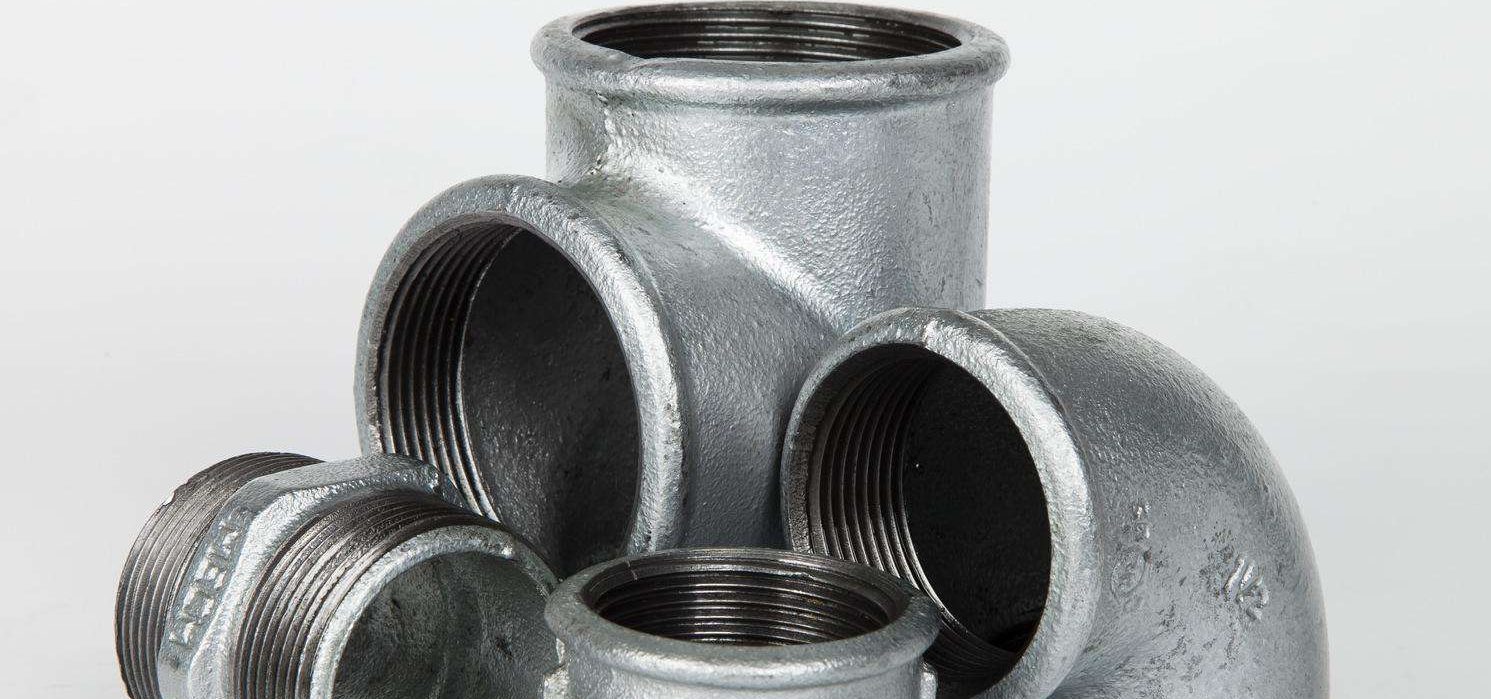Selecting the right hydraulic pump for your application is crucial to ensure reliable and efficient operation of your hydraulic system.
Here are some steps you can take to determine the right hydraulic pump for your application:
Determine the required flow rate: The first step in selecting a hydraulic pump is to determine the flow rate required for your application. This will depend on the size of your system, the number of actuators, and the required speed of operation. You can calculate the flow rate by adding up the flow requirements of each actuator and adding a safety factor.
Determine the required pressure: The next step is to determine the pressure required for your application. This will depend on the load capacity of your system and the maximum pressure required to move the actuators. You can calculate the required pressure by multiplying the force required to move the actuators by the cylinder bore area.
Select the appropriate pump type: Once you have determined the required flow rate and pressure, you can select the appropriate pump type. There are three main types of hydraulic pumps: gear pumps, vane pumps, and piston pumps. Gear pumps are suitable for low-pressure applications with a consistent flow rate, vane pumps are suitable for medium-pressure applications with variable flow rate requirements, and piston pumps are suitable for high-pressure applications with variable flow rate requirements.
Consider other factors: In addition to flow rate, pressure, and pump type, there are other factors to consider when selecting a hydraulic pump. These include the viscosity of the hydraulic fluid, the size and weight of the pump, the efficiency of the pump, and the cost of the pump.
Consult with a hydraulic specialist: If you are unsure which hydraulic pump is right for your application, it is best to consult with a hydraulic specialist. They can help you evaluate your system requirements and select the right pump for your needs.
Overall, selecting the right hydraulic pump for your application requires careful consideration of several factors, including flow rate, pressure, pump type, viscosity, size and weight, efficiency, and cost. By taking these factors into account and consulting with a hydraulic specialist if necessary, you can ensure that you select a hydraulic pump that meets your system requirements and delivers reliable and efficient performance.
How can I determine the viscosity of the hydraulic fluid?
Determining the viscosity of the hydraulic fluid is important to ensure that the hydraulic pump and other components in the hydraulic system operate properly.
Here are some ways to determine the viscosity of hydraulic fluid:
Use a viscometer: A viscometer is a device that measures the viscosity of fluids. There are different types of viscometers available, including capillary viscometers and rotational viscometers. A capillary viscometer measures the time it takes for a fixed volume of fluid to flow through a capillary tube, while a rotational viscometer measures the resistance of a rotating spindle in the fluid. parker hydraulic pump catalog These devices can provide accurate viscosity readings, but they can be expensive and require specialized training to use.
Use a viscosity chart: Many hydraulic fluid manufacturers provide viscosity charts that show the viscosity of their fluids at different temperatures. These charts can be used to estimate the viscosity of the fluid in your system based on the operating temperature.
Use a viscosity sensor: Some hydraulic systems are equipped with viscosity sensors that measure the viscosity of the fluid in real-time. These sensors can provide accurate viscosity readings, but they can be expensive and require specialized installation and calibration.
Use an oil analysis service: Some oil analysis services can measure the viscosity of hydraulic fluid as part of their testing process. These services can provide a comprehensive analysis of the fluid, including viscosity, contamination levels, and other properties.
Overall, determining the viscosity of hydraulic fluid is important to ensure that the hydraulic system operates properly and efficiently. By using a viscometer, viscosity chart, viscosity sensor, or oil analysis service, you can determine the viscosity of the fluid in your system and take appropriate measures to ensure reliable performance.

